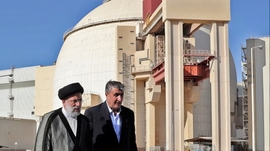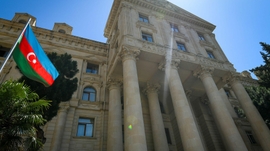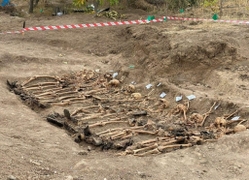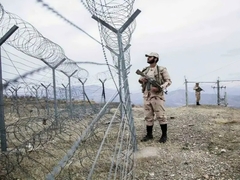Iran has refuted reports of alleged damage to Shimon Peres Negev Nuclear Research Centre located southeast of Dimona, Israel, during the recent air strikes.
"The Dimona power plant was not on the list of the recent punitive measure by the Islamic Republic of Iran against the Zionist regime," said Ramezan Sharif, Spokesman for Islamic Revolutionary Guard Corps (IRGC), according to Mehr News Agency report on April 18.
He described the news as "a big lie and an evil move in line with the enemy's psychological operation to deceive public opinion".
Ori Vialkov, a researcher specializing in "Israel's" wars, told the Israeli media outlet Maariv that the analysis of low-quality satellite images revealed there was at least one hit on one of the buildings in the "Dimona" Nuclear Reactor and up to two hits in its vicinity as a result of the Iranian missile strike on April 13.
Meanwhile, Commander of IRGC Unit for Protection and Security of Iranian Nuclear Centres, Brig Gen Ahmad Haqtalab, said on April 18 that Iran will "definitely" strike Israel's nuclear centers with "advanced weaponry" in a tit-for-tat response if it moves to target Iranian nuclear sites.
He also praised the Iranian armed forces for “using state-of-the-art equipment”, saying that “we do enjoy the preparedness to counter any threat by the Zionist regime".
"The possible threats from the Zionist regime are not new. Over the past years, the fake Zionist regime not only has threatened, it has done acts of sabotage and terrorist actions against the nuclear industry," he added.
These remarks came amid widespread assumptions that Israel could directly strike Iranian nuclear facilities, in response to the Iranian recent drone and missile attack. Iran frequently accuses Israel of having launched multiple sabotage attacks against Iranian nuclear centers and killing its top nuclear scientists.
In December 2021, Iran used ballistic missiles and drones to target a mock-up of Israel's Dimona nuclear plant during its five-day drills. Iran's Armed Forces Chief of Staff Maj Gen Mohammad Baqeri said that Tehran considers Israel's Dimona nuclear plant as a "primary target" for retaliation if its nuclear facilities are attacked.
He also added that "using different trajectories, simultaneous launch of numerous shots, and deploying a variety of projectiles can render the Iron Dome ineffective and eliminate the targets."
The Israeli-designed Iron Dome is considered to be one of the most advanced air defense systems in the world, which uses radars to identify and destroy incoming threats before they can cause damage.
Israel has been pushing at the international stage to mount pressure on Iran for years, over its nuclear program, alleging that Tehran is seeking to build atomic weapons in a mission to annihilate Israel. Meanwhile, Tehran denies the charge, saying its nuclear activities are for peaceful purposes.
Director General of International Atomic Energy Agency (IAEA) Rafael Grossi claimed earlier this week that Iran has yet to clarify some ambiguities surrounding its nuclear program. However, Mohammad Eslami, Head of the Atomic Energy Organization of Iran (AEOI), denied there are any ambiguities, saying that nuclear activity in Iran is under constant inspection and monitoring by some 120 inspectors approved by the IAEA.
In May 2021, the IAEA announced that Iran had recently produced 62.8 kilograms of uranium enriched up to 20 percent purity and 2.4 kilograms enriched up to 60 percent purity — well above the 3.67 percent purity allowed under the nuclear deal. Nuclear weapons-grade is around 90 percent purity.
Since 2022, Iranian officials have spoken openly about something long denied by Tehran as it enriches uranium to the closest-ever levels to weapons-grade material. An adviser to Iran’s Supreme Leader Ayatollah Ali Khamenei, Kamal Kharazi, told Al Jazeera in mid-July 2022, “In a few days we were able to enrich uranium up to 60 percent, and we can easily produce 90 percent enriched uranium. (…) Iran has the technical means to produce a nuclear bomb, but there has been no decision by Iran to build one.”
The IAEA warned at the end of 2023 that Tehran already had enough material to make three nuclear bombs if it enriches the material now at 60 percent to above that mark.


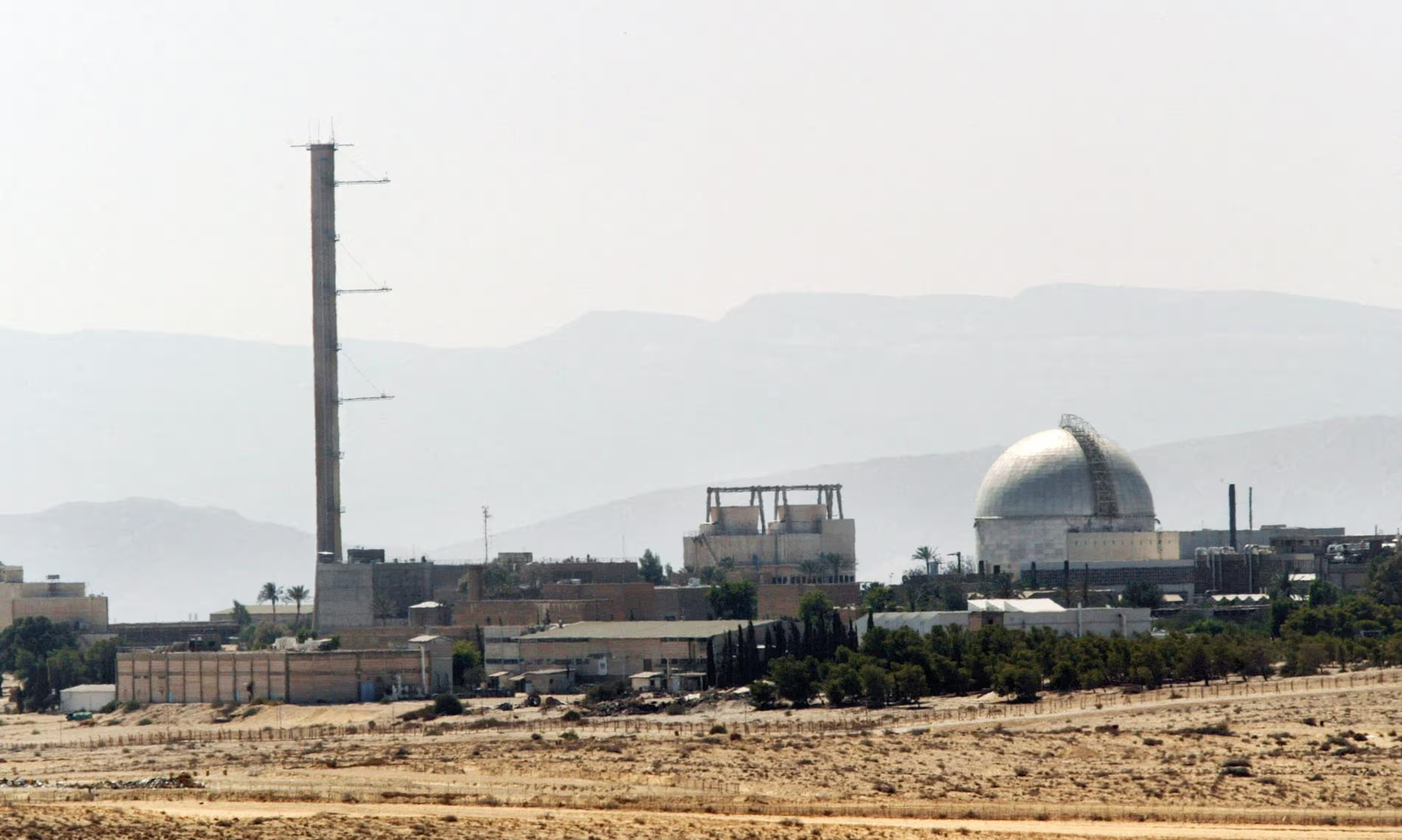




 The Azerbaijani government has rejected the recent claims made by French Interior Minister Gérard Darmanin, who accused Baku of fostering separatis...
The Azerbaijani government has rejected the recent claims made by French Interior Minister Gérard Darmanin, who accused Baku of fostering separatis...
 As of April 27, additional 48 bodies were unearthed in the liberated lands of Azerbaijan, bringing the total count of discovered remains to over 600.
As of April 27, additional 48 bodies were unearthed in the liberated lands of Azerbaijan, bringing the total count of discovered remains to over 600.
 U.S. Secretary of State Antony Blinken reiterated Washington’s unwavering support for the ongoing peace process between Azerbaijan and Armenia in a...
U.S. Secretary of State Antony Blinken reiterated Washington’s unwavering support for the ongoing peace process between Azerbaijan and Armenia in a...
 Kyrgyzstan has joined the extensive reconstruction efforts in the Karabakh region of Azerbaijan, after a series of mega initiatives were launched b...
Kyrgyzstan has joined the extensive reconstruction efforts in the Karabakh region of Azerbaijan, after a series of mega initiatives were launched b...
